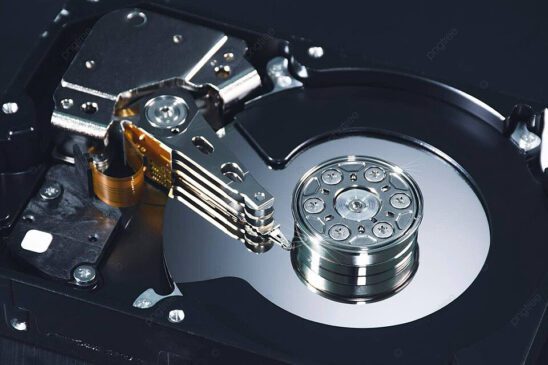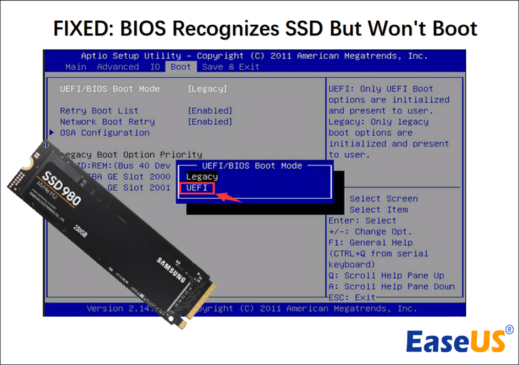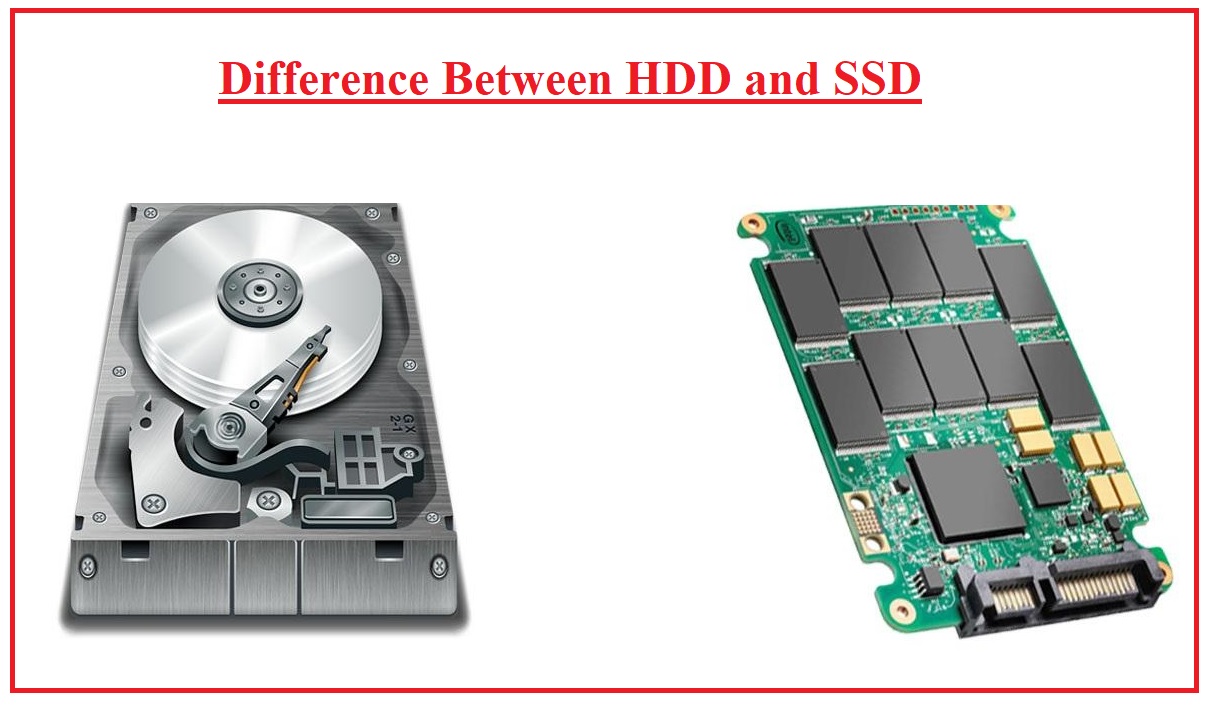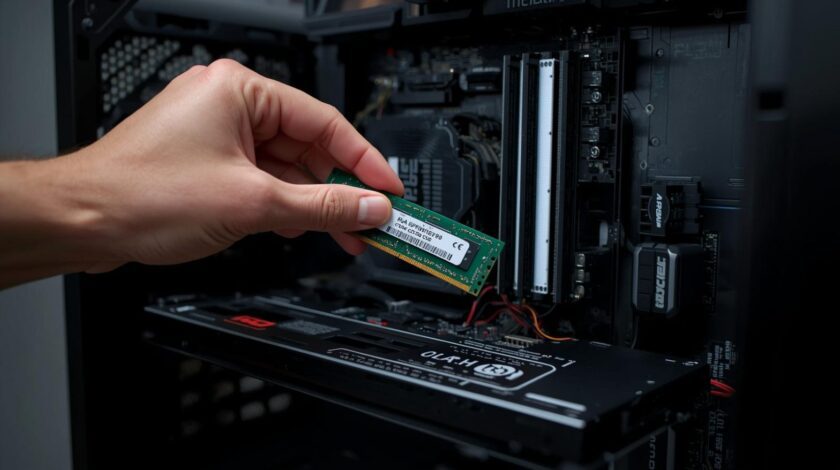The Difference Between HDD and SSD (and Which One You Should Use)
When it comes to storage drives in computers, two main types stand out: HDD (Hard Disk Drive) and SSD (Solid State Drive). Both store your data, but they work very differently — and knowing the difference can help you choose the right one for your needs.
💽 What Is an HDD?

- Uses spinning magnetic disks (platters) to store data.
- Has a mechanical arm (read/write head) that moves to read or write data.
- Been around for decades — reliable and widely used.
Pros
- Much cheaper per GB.
- Higher storage capacities (up to 10TB+).
- Great for long-term bulk storage.
Cons
- Slower speeds (boot time, file transfers).
- More fragile due to moving parts.
- Generates more heat and noise.
⚡ What Is an SSD?

- Stores data on flash memory chips with no moving parts.
- Works like a big, fast USB drive.
- Much newer technology than HDD.
Pros
- Much faster boot and load times.
- More durable (shock-resistant).
- Silent operation and less heat.
Cons
- More expensive per GB.
- Usually smaller capacities (though large ones exist at higher prices).
⚖️ Which One Should You Use?
| Use Case | Best Option | Why |
|---|---|---|
| Everyday use / speed | SSD | Fast boot, smooth performance |
| Large file storage | HDD | Cheap and spacious |
| Gaming / video editing | SSD (NVMe) | Faster loading and rendering |
| Backup / archives | HDD | Cost-effective bulk storage |
💡 Best of both worlds: Use an SSD for your operating system and frequently used apps, and an HDD as secondary storage for large files.






